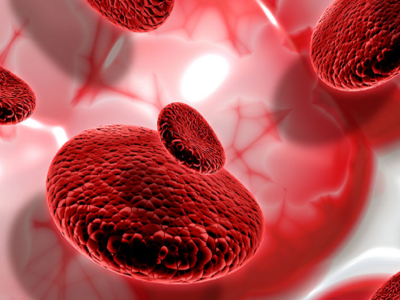MAL: New Rare Blood Group Discovered After 20 Years of Research
By Lokmat English Desk | Updated: April 15, 2025 14:00 IST2025-04-15T13:55:26+5:302025-04-15T14:00:24+5:30
How many years should you spend on discovering something? 5, 10, 15... Researchers from Britain and Israel have spent ...

MAL: New Rare Blood Group Discovered After 20 Years of Research
How many years should you spend on discovering something? 5, 10, 15... Researchers from Britain and Israel have spent 20 years discovering a new blood type. This blood type was discovered in 1972. The researchers were looking for a deficiency found in a woman's blood. Now their discovery has been published, which will make it possible to better treat people with such rare blood types. Research on the feature found in this woman's blood took almost 20 years. There are many types of blood types in our blood, of which ABO and Rh are the main components. These blood types are made up of proteins and sugars found in blood cells. Our body uses them to detect diseases.
UK National Health Service hematologist Lewis Tilly had informed about this last September. Matching blood types is very important when giving blood. If the blood types do not match, serious things can happen. He had said that the discovery of a new blood type will make it easier to treat people with such rare blood types.
Also Read: Did You Know Lockdown Babies Have More Immunity as Compared to Other, Says Research
Previous studies had found that more than 99.9% of people have the AnWj antigen, but the 1972 patient's blood did not have it. This antigen is found on myelin and lymphocyte proteins. This led the researchers to name the new blood type MAL. These patients are AnWj-negative. Tilly had found three such patients.
MAL is a very small protein with few properties. This makes it difficult to identify. We needed the necessary evidence to establish the blood group system, which took us this long, says cell biologist Tim Setchewell of the University of the West of England. Newborns do not have the AnWj antigen, but it is produced at birth. Research on this is still ongoing.
The MAL Blood Group
Past research showed that more than 99.9% of people have a certain antigen known as AnWj, found on myelin and lymphocyte proteins. However, the woman identified in 1972 lacked this antigen. This led researchers to classify a new blood type, now called MAL, for those who are AnWj-negative.